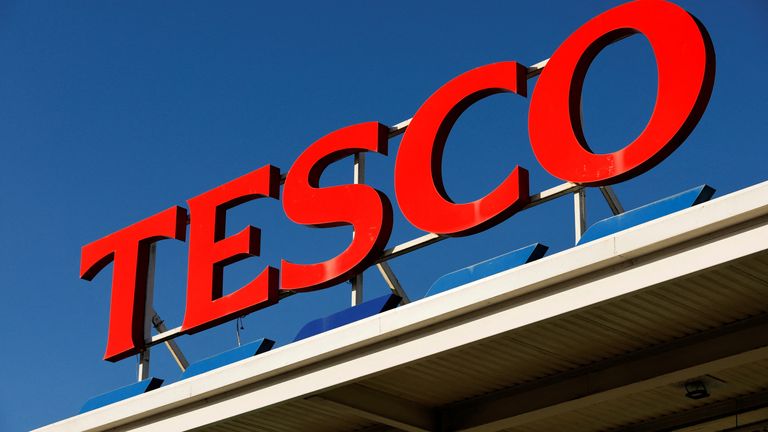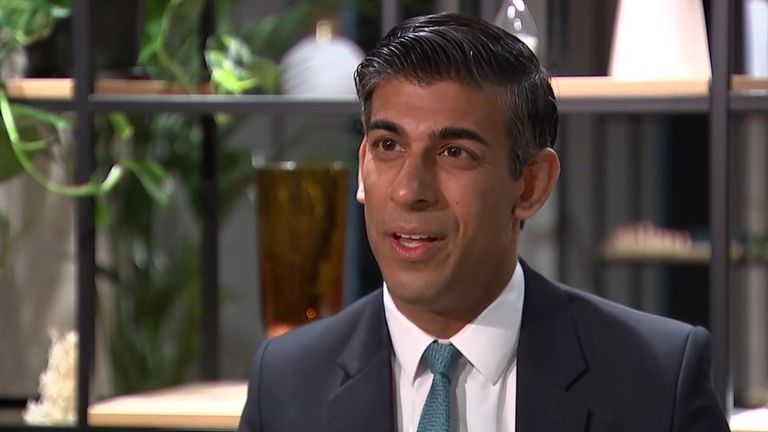Tesco boss nets £4.7m pay packet as shoppers cut back on food due to rising costs
The boss of Tesco picked up a bumper pay deal totalling £4.74m over the last year, the supermarket giant revealed in its annual report.
It comes as official figures showed the number of people buying less food has increased over the past month due to surging inflation and the worsening cost of living.
The report, published on Friday, showed Ken Murphy’s overall remuneration package was 224 times the total pay and benefits of the median member of staff at Tesco, which was £21,217.
Mr Murphy, who started as the firm’s chief executive in October 2020, received a £1.54m basic salary for the year to February.
This was bolstered by around £3.2m of performance-related bonuses after supporting the company’s recovery during the coronavirus pandemic.
The supermarket giant’s group pre-tax profits leapt to £2.03bn in the year to 26 February, up from £636m the previous year.
Tesco’s leadership team has also helped the firm deal with major supply chain challenges, including lorry driver shortages.
Mr Murphy received £992,000 for his first five months at the helm in the previous financial year.
His predecessor, Dave Lewis, received £6.3m in total pay in the 2020 financial year.
For the latest year, recently appointed chief financial officer Imran Nawaz landed a £5.4m pay deal, driven by a £3.5m compensation payment after leaving his previous post at Tate & Lyle.
The report said that Nawaz received a 4.29% increase in his basic salary, while Mr Murphy saw a 2.25% rise.
But the company highlighted that staff at stores and warehouses received a 5.8% increase in basic pay.
Chairman John Allan saw his pay deal stay round the same at £695,000.
Earlier this week, Mr Allan said there is an “overwhelming need” for a windfall tax on energy companies after seeing the supermarket’s customers “extremely stretched”.
Families and businesses are straining under a weight of global price increases largely caused by demand outstripping supply as the COVID crisis eases and, latterly, the effects of Russia’s war in Ukraine.
The latest survey by the Office for National Statistics (ONS) found that 41% of adults reported cutting back on their grocery shop due to the rising costs.
The figure, taken from poll responses between 27 April and 8 May, is an increase on the 39% in the previous survey, carried out earlier in April.
Around 88% of adults also reported a rise in their cost of living over the past month, the ONS said.
The survey said this was primarily driven by more expensive food, with 92% of people reporting an increase in the price of their grocery shopping.
Data from last month showed that food inflation soared by 5.9% in March.
This is expected to jump even higher when the ONS reveals the latest UK inflation figures next week.




